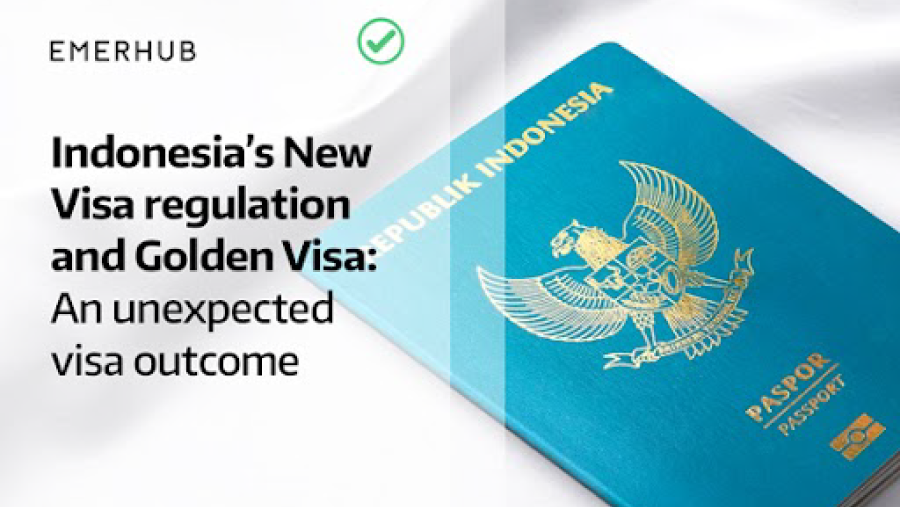Table of contents
Five years ago, I decided to take a leap of faith and switch from lawyer work to manager work. It has been a long journey full of challenges, new skills, new ideas, fun, but also difficult times.
I learned a lot about myself, as well as about management and running a business in an emerging market. Here are some ideas to share.
1. Adapt to change, and innovate
Darwin’s law also applies in the business – the strong will survive. The world is changing very fast, and the business must keep up with speed.
The ways of doing business have changed tremendously in the past few years. There have been much less face to face meetings. It is especially difficult for businesses such as consulting that is based on trust.
I’ve learned that there are opportunities everywhere; you just need to be able to look with eyes wide open. During the pandemic, Emerhub noticed that there is an increasing demand for developers. And there are plenty of great developers with competitive salaries in Pakistan. So, Emerhub started operations in Pakistan.
We also explored options to engage more remote employees and expanded the Employer of Record Service, which allows you to hire people from another country without registering your company. This allows hiring people all around the world at a low cost.
2. Make technology work for you
Using modern IT and technology solutions doesn’t always have to be expensive (like buying Microsoft office in the 90ies).
There are so many free or low-cost tools available that you can use in the business to make the quality of your work better. Since most of the employees in Emerhub are not native English speakers, but our work is 95% in English, we have encouraged people to use Grammarly and Hemingway apps.
To grow and increase the quality of services, Emerhub has invested a lot in IT solutions and development. E.g., Emerhub has our own delivery app that can be used for the whole group and is linked to our sales system. Thus, there are some custom functionalities that no ready-made delivery software has.
Using technology and atomizing helps to avoid human errors.
3. It’s hard to find good employees, do all to keep them
When interviewing people for jobs, I was shocked that it is common for people to change their job every year or every other year. Such a frequent change is not as common in the western business world where I come from. It takes around a half year or a year for more complex work to train people. It is expensive for the business to go back to square one after a year.
When speaking to my Indonesian friends and people working in the local companies, I’ve realized that the working culture in many companies in Indonesia is still quite old-school. Hierarchy and clocking in and clocking out are prevailing over the work that gets done. Rules and processes are not questioned but just followed. In the case of a mistake that could go under a “common sense” section, it is referred to as a lack of a standard operating procedure.
There are ways to motivate people. One of my clients (an Australian company) who has more than 40 Indonesian employees is offering their Indonesian employees a similar holiday allowance package as for their Australian employees. This means doubling their holiday allowance according to Indonesian laws! Their employee turnover is quite low compared to many other countries.
The company still follows Indonesian salaries, e.g., salaries are much lower than the Australian employees employed by the company group in Australia. The leave benefits, however, mean a lot to the employees, and they stick around.
4. The regulations and systems keep getting better
Don’t compare Bali to the US or any other western country. I would also say not to compare Bali to Jakarta, as Jakarta is a few years ahead.
The legal environment in emerging markets is messy. The good news is that it has gotten so much better in Bali and Indonesia within the past five years. Like any progress, it’s not linear, though.
Five years ago, when registering a foreign-owned company, the shareholders had to go to Jakarta to present their business model and plan to the Investment Coordinating Board. We had to train for the presentation. If it failed, the presentation had to be done again (P.S people living in Bali mostly don’t like to go to Jakarta). We had a client whose foreign-owned company (PT PMA) registration took a year. Just before the last license was issued, the laws changed (maximum foreign ownership for that business line changed), and we had to redo the process from the beginning. Unfortunately, it’s still far from easy, and corruption is still a thing.
Now the company registration for most activities is online and takes a few weeks. So if we remember “good old times” in Bali, it’s mostly about surfing and definitely not about doing business.
5. You cannot avoid mistakes but you can solve them well
Mistakes happen: laws are messy, and in consulting, we are still working with humans, and not everything is automated.
The problems usually arise when the problems are not solved. In Balinese culture, confrontation is not something that people are used to. Sometimes to the extent where the company you have been dealing with just disappears with your money. One of our clients was processing visas with a company, and when she went to their office after not being able to reach the contacts for a while, it turned out that the company was not there anymore (and off they went with her money and documents). A few months later, one of the ex-employees admitted that the company was financially struggling, and the client’s visa payments were used to cover other debts.
This also applies generally in working culture. It is important to make employees feel safe to discuss the issues. Otherwise, the problems are hidden at the bottom of the task list until they grow so big they explode.
6. Take care of yourself first; then you can also do the best at work
I’m from a background where career is always a priority, and you have to work hard to get things done. You cannot charge anything with empty batteries.
What I’ve really learned in Bali, is that in order to perform well in your professional life, you have to take care of yourself. Over the past five years, for me, self-care has been surfing. Bali is such a great place to enjoy a healthy and balanced lifestyle for its great value.
Balinese culture is also a great example of how family and personal matters are appreciated as much as work. When there are Hindu holidays which are not the official Indonesian government holidays, the government offices are closed, and all the people are coming together and celebrating.
It can cause some disruptions in the business. However, since Bali is a melting pot for different Indonesian religions, hiring people from different religions is possible. Thus, also with different holidays.
There is definitely more than the above I’ve learned. Thank you, Emerhub, and people whom I’ve been lucky to have worked with during the past five years. It’s not a goodbye; it’s see you soon. Somewhere. Because the world is small.







